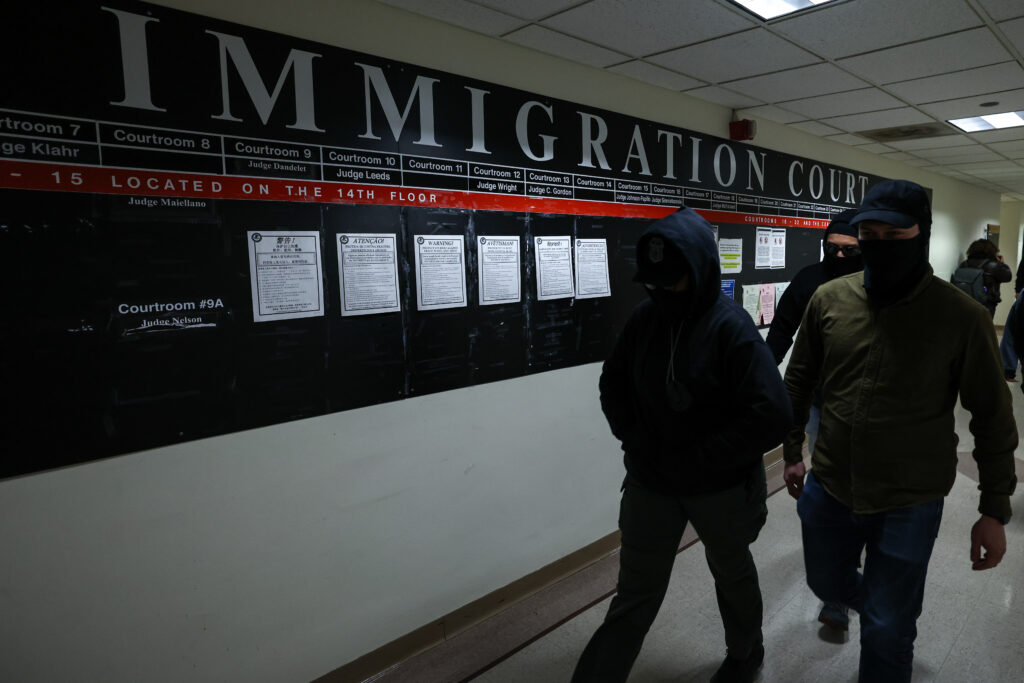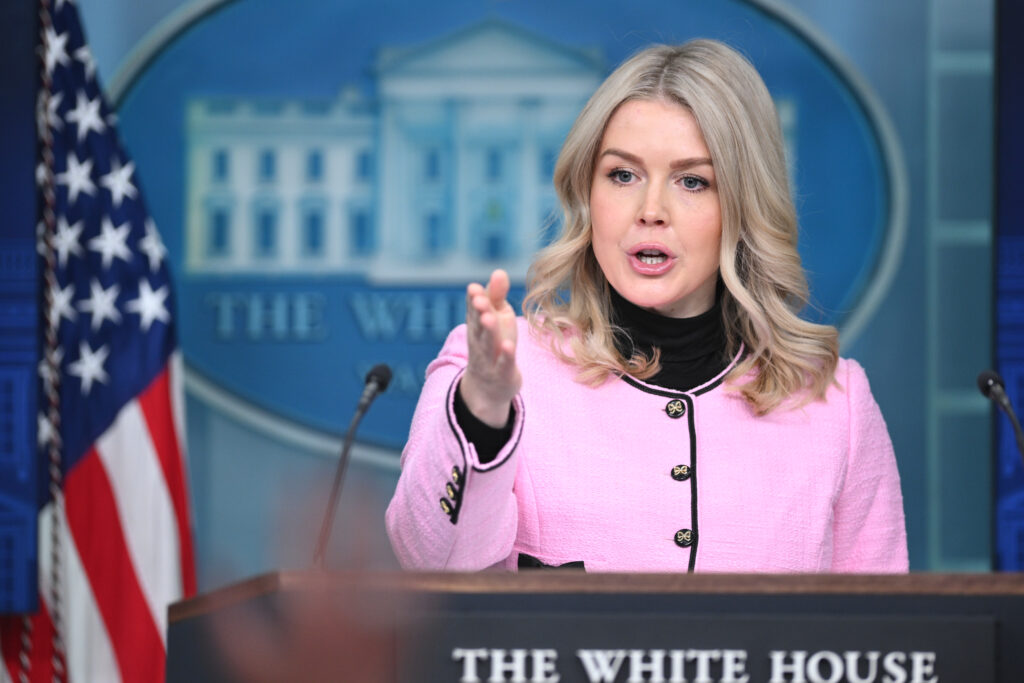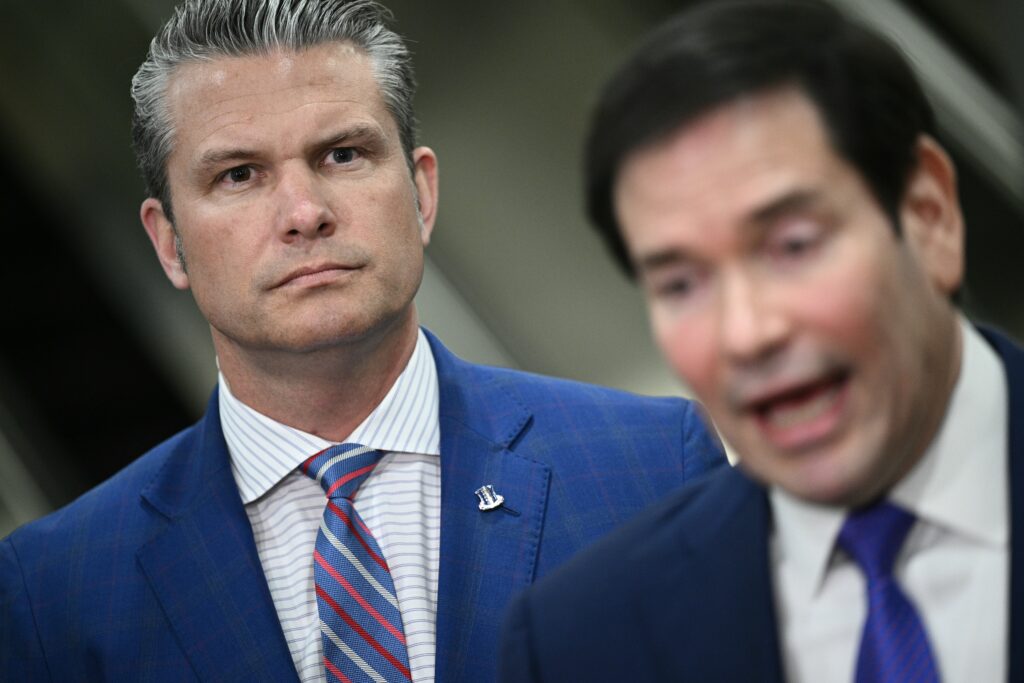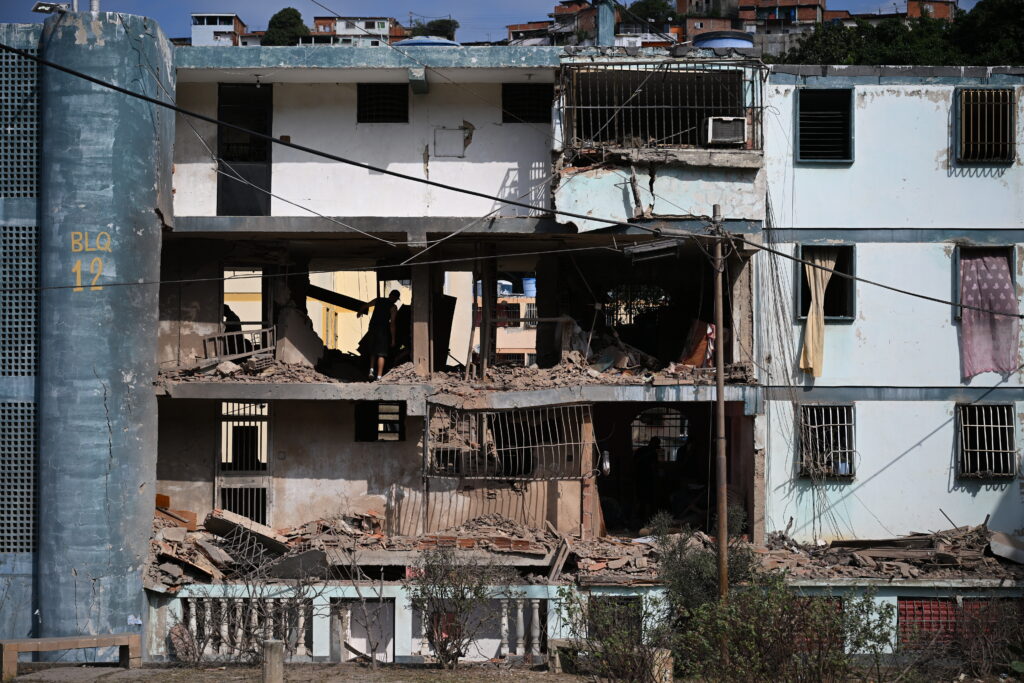What are the US charges against Venezuela’s Maduro?
The US indictment of Nicolas Maduro accuses the deposed Venezuelan leader, his wife, son and senior aides of conspiring with Mexican drug cartels and Colombian rebel groups to import tons of cocaine into the United States.Maduro and his five co-defendants are facing four felony charges and could be sentenced to life in prison if convicted by the federal jury in New York that will eventually hear the case.The 63-year-old Maduro is expected to fight the allegations on the grounds that he has presidential immunity and his lawyer, at Monday’s arraignment, questioned the “legality of his abduction” by US forces.The specific charges in the indictment are narco-terrorism conspiracy, cocaine importation conspiracy, possession of machine guns and destructive devices and conspiracy to possess machine guns and destructive devices.The charge of narco-terrorism conspiracy stems from accusations that Maduro partnered with Colombian rebel groups FARC and ELN, Mexican cartels Sinaloa and Los Zetas and the Venezuelan gang Tren de Aragua to move vast quantities of cocaine.The US State Department has designated the Sinaloa Cartel, Los Zetas and Tren de Aragua as “foreign terrorist organizations.”The now defunct Marxist rebel group FARC was removed from the list in 2021. ELN, the National Liberation Army, which controls key drug-producing regions of Colombia, remains on the list.”Maduro and his co-conspirators have, for decades, partnered with some of the most violent and prolific drug traffickers and narco-terrorists in the world, and relied on corrupt officials throughout the region, to distribute tons of cocaine to the United States,” according to the indictment.A previous US indictment of Maduro, from 2020, repeatedly described him as the leader of a drug trafficking group known as Cartel de los Soles, or Cartel of the Suns.The superseding indictment unsealed on Saturday after Maduro’s capture, however, barely mentions Cartel de los Soles, which was designated a “foreign terrorist organization” by the State Department in November.According to a number of Venezuela experts, Cartel de los Soles has never existed as a formal organization. The latest indictment refers to it as a “patronage system” to channel illegal drug profits to “corrupt rank-and-file civilian, military, and intelligence officials.”According to the InSight Crime think tank, the name was ironically coined by Venezuelan media in 1993 after two generals were nabbed for drug trafficking. The sun is an insignia on the military uniforms of Venezuelan generals.- ‘Kidnappings, beatings, and murders’ -Indicted along with Maduro are his wife, Cilia Flores, his son Nicolas Ernesto Maduro Guerra, Interior Minister Diosdado Cabello Rondon, former interior minister Ramon Rodriguez Chacin and the alleged leader of Tren de Aragua, Hector Rusthenford Guerrero Flores.The United States has declined to recognize the results of recent Venezuelan presidential elections, and the indictment describes Maduro as the “de facto but illegitimate ruler” of Venezuela.The 25-page complaint traces his alleged involvement in drug trafficking back to at least 1999.Maduro and the other defendants “partnered with narcotics traffickers and narco-terrorist groups, who dispatched processed cocaine from Venezuela to the United States via transshipment points in the Caribbean and Central America, such as Honduras, Guatemala, and Mexico,” it says.Maduro and “other corrupt officials” provided “law enforcement cover and logistical support” for the transport of cocaine produced in Colombia to the United States, the indictment alleges.While he was foreign minister between 2006 and 2008, Maduro allegedly provided Venezuelan diplomatic passports to known drug traffickers allowing them to move illicit drug proceeds from Mexico to Venezuela under diplomatic cover, it says.The indictment alleges that between 2004 and 2015, Maduro and Flores, his wife, “worked together to traffic cocaine, much of which had been previously seized by Venezuelan law enforcement.”They ordered “kidnappings, beatings, and murders against those who owed them drug money or otherwise undermined their drug trafficking operation,” it says.Maduro and Flores pleaded not guilty at Monday’s arraignment. The next hearing has been set for March 17.






